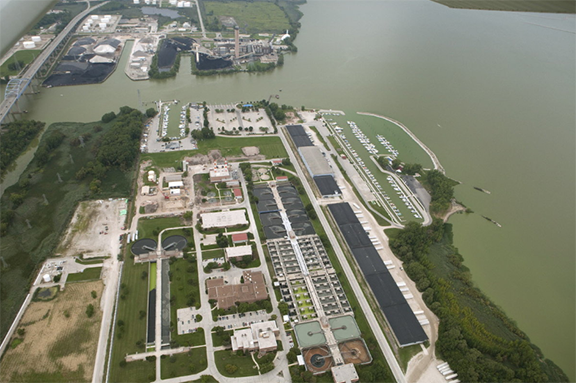The barn was reported a complete loss. The nursery barn for feeder pigs was engulfed when the Fire Department arrived in scene. No human injuries were reported and damage was limited to the barn.
Another reason why factory farms are dangerous, lives of animals are not taken serious and these are not humane operations for the animals, consumers and also workers at these places. Barn fires can occur without warning and can kill animals in several hundreds because the livestock is crowded in these mega barns under inhumane conditions. In this case, 7,500 to 8,000 pigs perished. This fire started in the office. Spread up the wall into the ceiling and throughout the building. The reporting party reportedly tried to put the fire out but was not able. Another reason to doubt the unsafe operation of these facilities.





![But since Gov. Walker took office, she says, “We have not been able to settle one permit—we’ve had to litigate every single challenge. We’re often told by [DNR] staff, ‘We know you’re right, but you’re going to have to sue us because the people abov…](https://images.squarespace-cdn.com/content/v1/576eb0c89f7456eedf83531f/1483562114320-V6QELWGXXRQZW1IPT6KT/Screen+Shot+2017-01-04+at+2.35.02+PM.png)
























